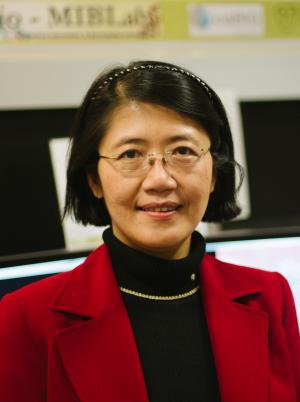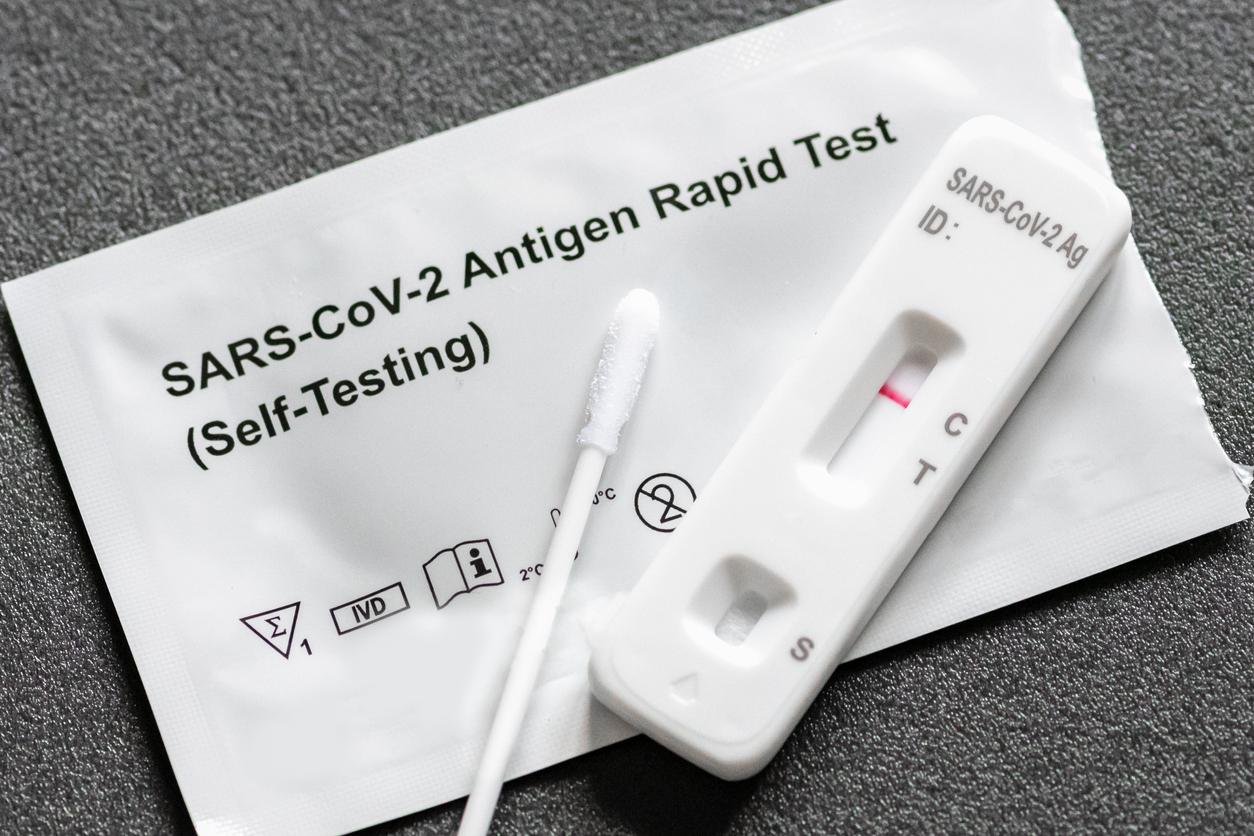A team of Georgia Tech and Emory University researchers are exploring how artificial intelligence (AI) can be used to improve diagnoses and treatment of diseases.
A specific type of AI, called natural language processing (NLP), can be used to speed up the time between a patient-initiated message, a physician response, and access to COVID-19 antiviral treatment, according to a study recently published in JAMA Open Network.

Prof. May Wang
May Wang, PhD, a co-author on the study, professor and Wallace. H. Coulter Distinguished Faculty Fellow, said the study showed the power of using AI to rapidly process and alert clinical teams on which patients are at higher risk for COVID-19 and require further screening.
"The results of our study illustrated the power of using advanced NLP models in accurately identifying patients at risk of a certain disease (in this case, COVID-19) in real time. It showed that the speed for patient access to healthcare can be significantly increased," Wang explained. "That is, instead of relying on human experts (nurses or physicians) to manually process the patient messages, the NLP models can automatically process the information and alert the clinical team on which patients are at higher risk and require further screening."
Latest BME News
Jo honored for his impact on science and mentorship
The department rises to the top in biomedical engineering programs for undergraduate education.
Commercialization program in Coulter BME announces project teams who will receive support to get their research to market.
Courses in the Wallace H. Coulter Department of Biomedical Engineering are being reformatted to incorporate AI and machine learning so students are prepared for a data-driven biotech sector.
Influenced by her mother's journey in engineering, Sriya Surapaneni hopes to inspire other young women in the field.
Coulter BME Professor Earns Tenure, Eyes Future of Innovation in Health and Medicine
The grant will fund the development of cutting-edge technology that could detect colorectal cancer through a simple breath test
The surgical support device landed Coulter BME its 4th consecutive win for the College of Engineering competition.








